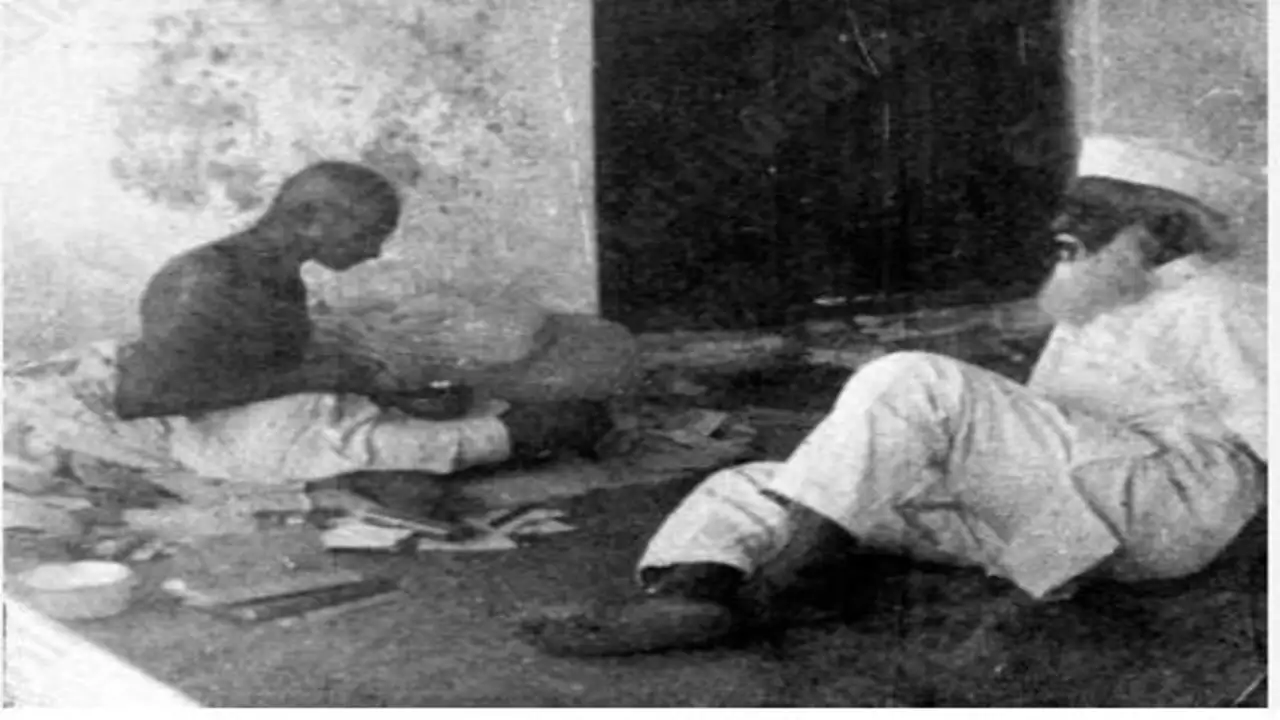
Abbas Tyabji: A Visionary Leader in India’s Freedom Struggle
In the annals of India’s struggle for independence, amidst the towering figures of Gandhi, Nehru, and Bose, there lies a somewhat lesser-known yet equally influential name – Abbas Tyabji. Often referred to as the “unsung hero” of India’s freedom movement, Tyabji’s contributions were profound and multifaceted, shaping the course of history in ways that reverberate even today.
Born on November 30, 1854, into a distinguished family in Bombay (now Mumbai), Abbas Tyabji was destined for greatness. Educated in England, Tyabji returned to India with a deep sense of duty and a fervent desire to uplift his fellow countrymen. His journey towards becoming a pivotal figure in the freedom struggle began with his involvement in social reform movements, where he worked tirelessly to address issues like untouchability, women’s rights, and education.
However, it was Tyabji’s encounter with Mahatma Gandhi that truly transformed his life and catapulted him into the forefront of India’s fight against British colonial rule. Tyabji was deeply inspired by Gandhi’s philosophy of nonviolence and civil disobedience, finding in it a potent weapon against oppression. He soon became a staunch ally of Gandhi, working closely with him to mobilize people across the length and breadth of the country.
One of Tyabji’s most significant contributions was his role in the Kheda Satyagraha of 1918. When the farmers of Kheda district in Gujarat were unable to pay the exorbitant taxes imposed by the British, Tyabji stood by them, organizing protests and advocating for their rights. His unwavering commitment to the cause earned him the respect and admiration of both his peers and the masses, galvanizing support for the freedom movement.
Tyabji’s leadership extended beyond the realm of politics. As the first Indian to serve as the President of the Indian National Congress in 1887, he played a crucial role in shaping the organization’s agenda and ideology. He emphasized the importance of Hindu-Muslim unity and the inclusion of all sections of society in the struggle for independence, laying the foundation for a more inclusive and pluralistic India.
Despite his significant contributions, Tyabji’s legacy has often been overshadowed by other leaders of the freedom movement. His humility and selflessness meant that he shied away from the limelight, preferring to work quietly behind the scenes. Yet, his impact on the course of Indian history cannot be overstated.
In the post-independence era, Tyabji’s vision for a secular and egalitarian India remains as relevant as ever. His emphasis on unity in diversity and his unwavering commitment to social justice serve as guiding principles for a nation grappling with myriad challenges.
As we commemorate the heroes of India’s freedom struggle, let us not forget the invaluable contributions of Abbas Tyabji. His life serves as a testament to the power of conviction, courage, and compassion in the face of adversity. In honoring his memory, we reaffirm our commitment to the ideals of freedom, equality, and justice for all.













